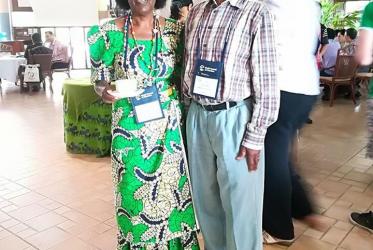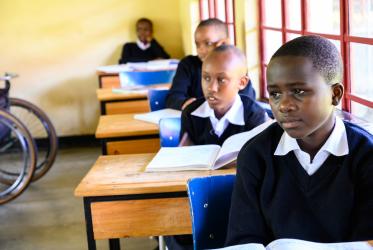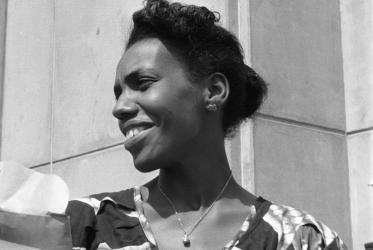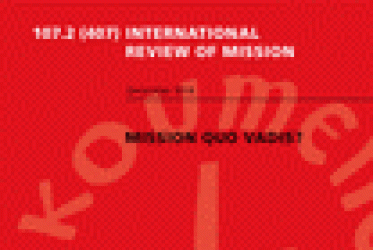Displaying 1 - 20 of 72
23 November 2023
Pandemic and pedagogy: what are the valuable lessons?
21 December 2022
Theological education in Africa promotes social transformation
03 November 2022
WCC leaders recall life-changing experiences from early days
10 February 2022
New student body at Bossey Ecumenical Institute “a source of joy”
14 September 2020
WCC mourns passing of Prof. Vuyani Vellem
09 December 2019
Kenya mourns the late Prof. Samuel John Mbiti
08 October 2019
Mission and people with disabilities
26 June 2019
WCC contributes to contextual theologies course in Morocco
26 February 2019
Thursdays in Black: sharing support, transforming lives
21 February 2019
Los Jueves de negro: prestando apoyo, transformando vidas
21 February 2019
Thursdays in Black flourishes in Liberia
07 February 2019
A tribute to Rev. Dr Rena Joyce Weller Karefa-Smart
21 January 2019
New issue: International Review of Mission
14 December 2018
Pan African Women of Faith issue fervent Call to Action
20 November 2018












